Our current research objectives are improving TB diagnosis, treatment and prevention by carrying out clinical trials of new diagnostic tests, therapeutic approaches and vaccines. We also aim to understand the mechanisms by which both host and pathogen influence disease severity, treatment responses and outcomes using human macrophage models and omics technologies.
We focus on six research areas:
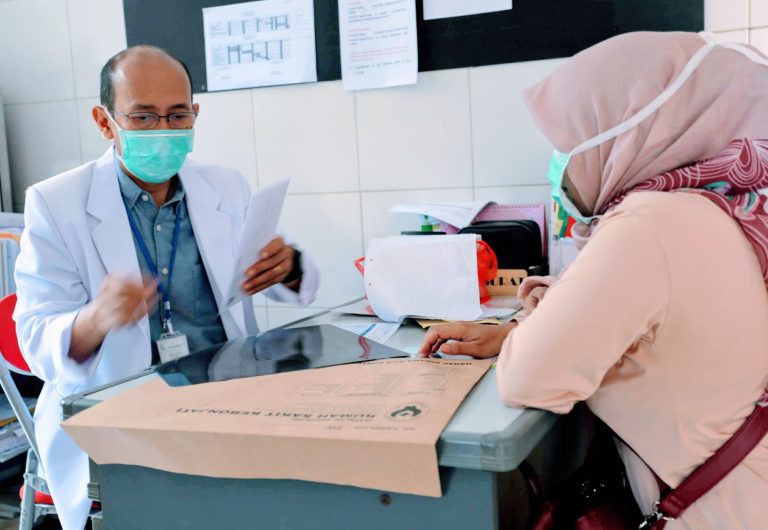
Clinical team members include study doctors, study nurses, study coordinators and data coordinators. The team’s responsibilities are working at hospitals and district TB units to recruit participants, making clinical assessments, taking samples, and follow-up until the end of the study.
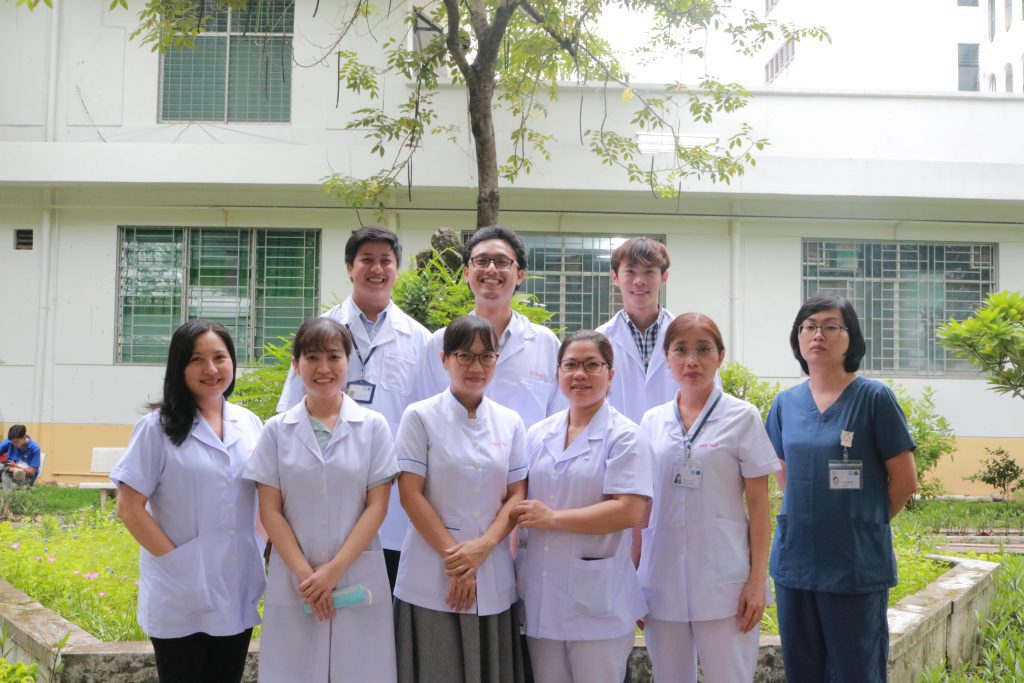
Bacterial lab team members include lab technicians, research assistants and PhD/post-doc scientists.
The team works in our laboratories at OUCRU (clinical lab, BSL2 and BSL3 labs). They are responsible for running all the microbiological lab tests (diagnosis tests, drug-susceptible and tolerance testing) required by all studies and managing many types of samples. Some of these tests are routine TB tests; some are novel tests which are still in the development and research stage.
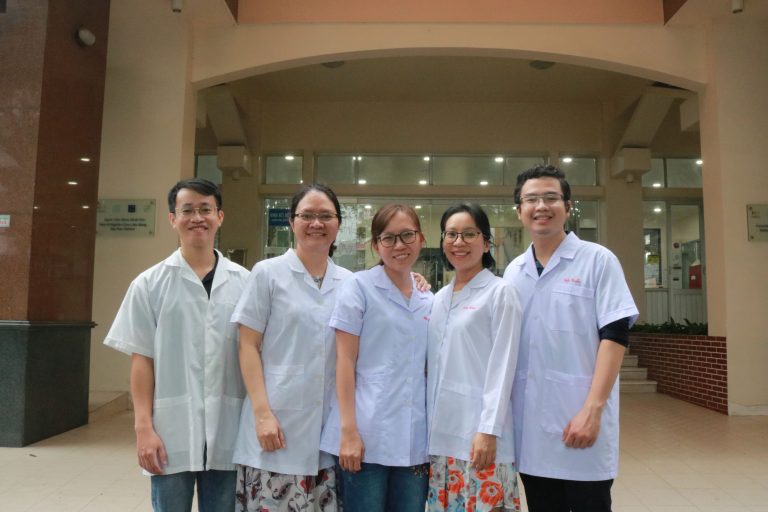
Similar to the Bacterial Lab team, the Cell-Immunological lab team members work in our labs at OUCRU. The team works mainly on cells, molecular lab experiments and analysis, which include host-pathogen interaction, cytokines, whole genome sequencing (WGS), next-generation sequencing (NGS) and omics.
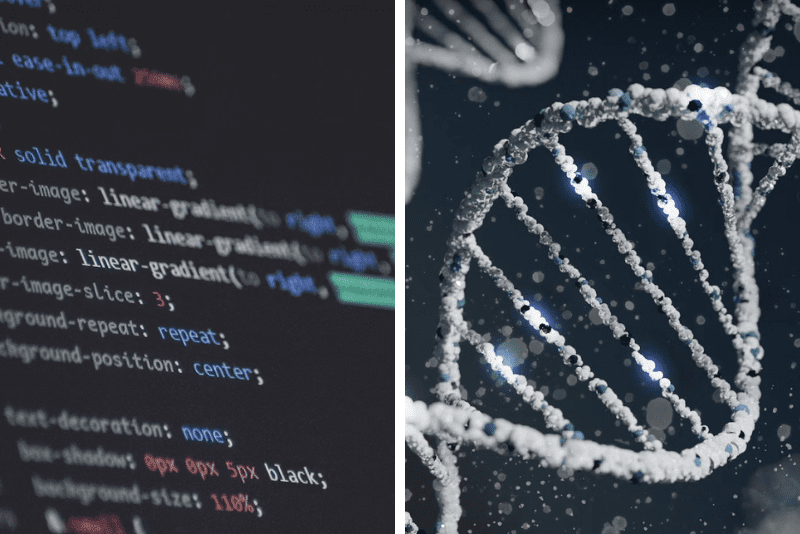
Data team members include research assistants and PhD/post-doc biostatisticians who are in charge of analysing data collected by the clinical team and lab teams. Their works focus on omics, WGS and NGS.
The Paediatrics TBM team structure is similar to the clinical team. The team is working on clinical trials and observational studies in diagnosing and treating TBM in children.
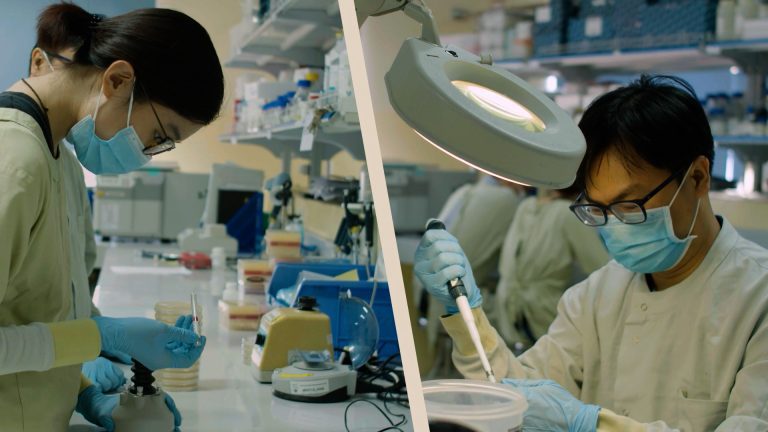
The epi-Microbiology team structure is similar to the clinical team. The team is conducting many observational-epidemiological studies and genetic data analysis focusing on drug resistance, epi-microbiology, and epi-genomics of TB and TB vaccine.
Associations between cell size and structure and drug resistance have been shown (Vijay et al Front Microbiol 2017 & 2018), whilst the spread of the Beijing lineage and positive selection of the EsxW Beijing variant in Vietnam have also been demonstrated (Holt et al Nature 2018); Sources of multi-drug resistance (Vijay et al CID 2020); Risk factors for poor treatment outcomes of multidrug-resistant TB (Van et al BMC 2020). 2021 WHO catalogue of Mycobacterium tuberculosis complex mutations associated with drug resistance: A genotypic analysis (Walker et al Lancet Microbe 2022).
We defined the use of GeneXpert MTB/RIF in the diagnosis of TBM (Nhu et al JCM 2014) and pediatric TB (Giang et al BMC 2015). The largest prognostic study to date of mortality in TBM with 1699 cases (Thao et al CID 2018, Thao et al CID 2020) identified predictors for increased mortality. Xpert MTB/RIF Ultra for the diagnosis of TBM (Donovan et al CID 2020). Cepheid 3-gene host response fingerstick blood test for PTB diagnosis (Sutherland et al CID 2022).
Human Leukotriene A4 Hydrolase (LTA4H) genotype was found to determine TBM susceptibility and predict the effectiveness of adjunctive dexamethasone (Tobin et al Cell 2010 and 2012, Thuong et al JID 2017). Two large multi-centre clinical trials to personalised TBM treatment are underway (Donovan et al Wellcome Open Res 2018). Effect of bacterial burden on inflammatory response and outcome (Thuong et al JID 2019, Hai et al Tuberculosis 2021).
Dexamethasone (now endorsed by WHO for TBM treatment) saves more lives (Thwaites et al NEJM 2004); timing of ARVs does not influence survival (Torok et al CID 2011); intensified TB therapy improves survival in INH-R TBM (Heemskerk et al NEJM 2016, Heemskerk et al CID 2017); phase 2 trial of adjunctive aspirin for TBM (Mai et al Elife 2018).
Thuong NTT, Heemskerk D, Tram TTB, et al. Leukotriene A4 Hydrolase Genotype and HIV Infection Influence Intracerebral Inflammation and Survival From Tuberculous Meningitis. J Infect Dis. 2017;215(7):1020-1028. https://pubmed.ncbi.nlm.nih.gov/28419368/
Mai NT, Dobbs N, Phu NH, et al. A randomised double blind placebo controlled phase 2 trial of adjunctive aspirin for tuberculous meningitis in HIV-uninfected adults. Elife. 2018;7:e33478. https://pubmed.ncbi.nlm.nih.gov/29482717/
Van LH, Phu PT, Vinh DN, et al. Risk factors for poor treatment outcomes of 2266 multidrug-resistant tuberculosis cases in Ho Chi Minh City: a retrospective study. BMC Infect Dis. 2020;20(1):164. https://pubmed.ncbi.nlm.nih.gov/32087682/
Tram TTB, Ha VTN, Thu DDA, et al. Variations in Antimicrobial Activities of Human Monocyte-Derived Macrophage and Their Associations With Tuberculosis Clinical Manifestations. Front Cell Infect Microbiol. 2020;10:586101. https://pubmed.ncbi.nlm.nih.gov/33194825/
Sutherland JS, van der Spuy G, Gindeh A, et al. Diagnostic Accuracy of the Cepheid 3-gene Host Response Fingerstick Blood Test in a Prospective, Multi-site Study: Interim Results. Clin Infect Dis. 2022;74(12):2136-2141. https://pubmed.ncbi.nlm.nih.gov/34550342/
Walker TM, Miotto P, Köser CU, et al. The 2021 WHO catalogue of Mycobacterium tuberculosis complex mutations associated with drug resistance: A genotypic analysis. Lancet Microbe. 2022;3(4):e265-e273. https://pubmed.ncbi.nlm.nih.gov/35373160/